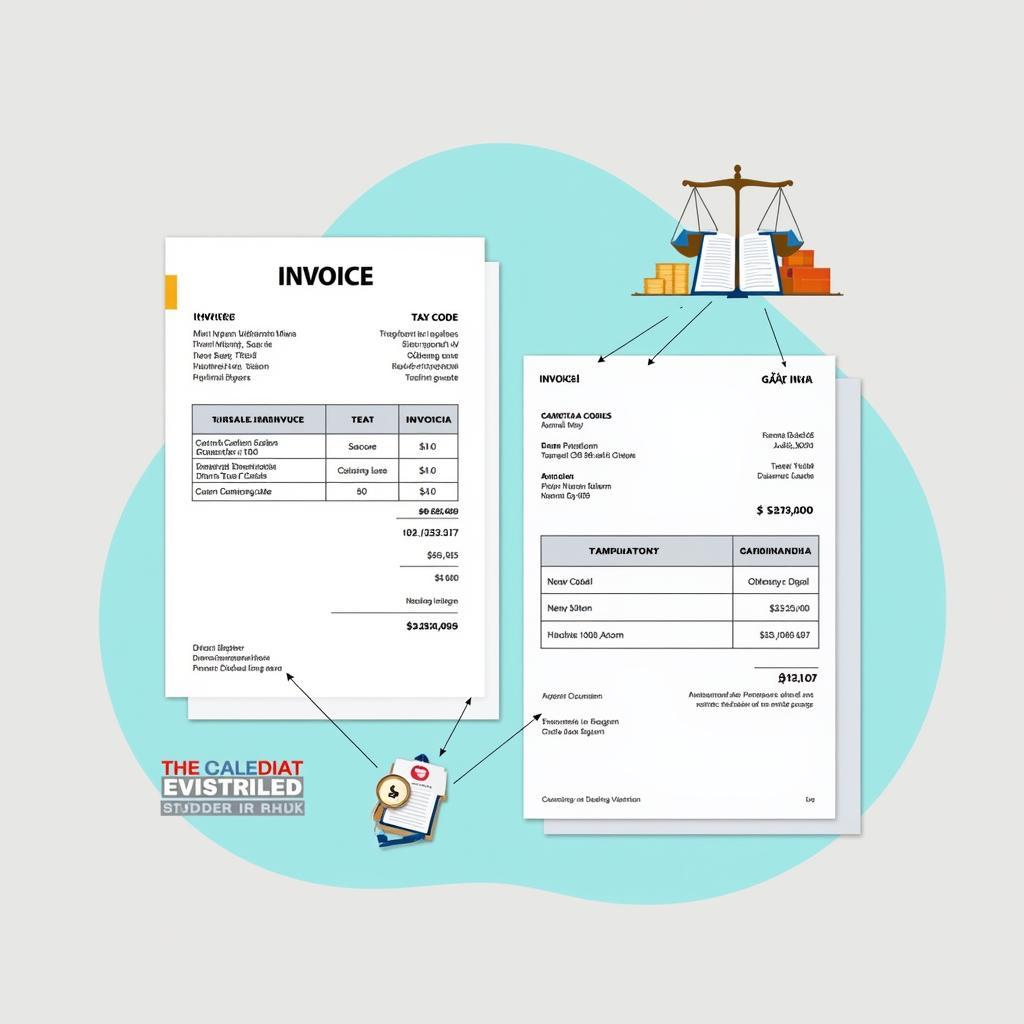Decoding the “Civil Procedure Code” in English: A Gamer’s Guide
Navigating the world of video games often means encountering legal jargon, and “Civil Procedure Code” in English is one such term that might seem daunting. While it may not be as exciting as the latest game release, understanding this legal framework can be surprisingly relevant for both gamers and game developers.
What is the “Civil Procedure Code” and Why Should Gamers Care?
The “Civil Procedure Code,” sometimes referred to as “Rules of Civil Procedure”, essentially dictates the rules of the game when it comes to resolving legal disputes in civil courts. Imagine it as the rulebook for legal battles, outlining everything from how lawsuits are filed and evidence is presented to how judgments are enforced.
Why is this relevant to you as a gamer? Well, think about situations like:
- Disputes with game developers or publishers: Imagine a scenario where a game you purchased is riddled with bugs or doesn’t deliver on promised features. The Civil Procedure Code provides a framework for seeking remedies, such as refunds or compensation.
- Intellectual property issues: Ever created a mod, a character design, or even a piece of music for a game? The Civil Procedure Code comes into play when dealing with copyright infringement or the protection of your creative work.
- Breach of contract: Online gaming often involves virtual item purchases or subscriptions. If a company fails to deliver on its end of the bargain, understanding the Civil Procedure Code can help you understand your legal options.
Key Concepts within the “Civil Procedure Code”
While the specifics vary across jurisdictions, here are some fundamental concepts within the “Civil Procedure Code” that are particularly relevant in a gaming context:
- Jurisdiction: This determines which court has the authority to hear a case. For online games, jurisdiction can get tricky due to the global nature of the internet.
- Pleadings: These are the initial documents filed with the court that outline the parties’ claims and defenses.
- Discovery: This is the process of exchanging information between the parties involved in a lawsuit. In a gaming context, this might involve obtaining documents, emails, or even in-game data relevant to the dispute.
- Trial: This is where each side presents their case in court, and a judge or jury decides the outcome.
- Appeals: If a party believes there were errors made during the trial, they can appeal the decision to a higher court.
Navigating the Legal Landscape
The “Civil Procedure Code” in English can seem like a complex maze, but it’s crucial to remember that you don’t have to navigate it alone. If you’re facing a legal issue related to gaming, seeking advice from an attorney experienced in this area is essential. They can help you understand the specific rules applicable to your case, guide you through the legal process, and advocate for your rights.
Conclusion
While it’s always best to avoid legal battles, understanding the basics of the “Civil Procedure Code” in English empowers you to make informed decisions and protect your interests in the gaming world. Remember, knowledge is power, and knowing the rules of the legal game can make all the difference.
FAQs
- What is the difference between a civil case and a criminal case in the context of gaming?
- Can I sue a game developer in a different country?
- How do I prove copyright infringement of my in-game creation?
- What are some common defenses to a breach of contract claim in online gaming?
- Where can I find more information about the “Civil Procedure Code” in my jurisdiction?
For further insights on legal matters related to gaming, explore our articles on luật nghỉ phép and bài 5 gdcd 6giữ luật lệ chung.
Remember, if you need legal assistance, our team at LuatGame is here to help. Contact us at 0903883922, email us at [email protected], or visit our office in Bình Phước, Vietnam. We’re available 24/7 to answer your questions and provide guidance.



